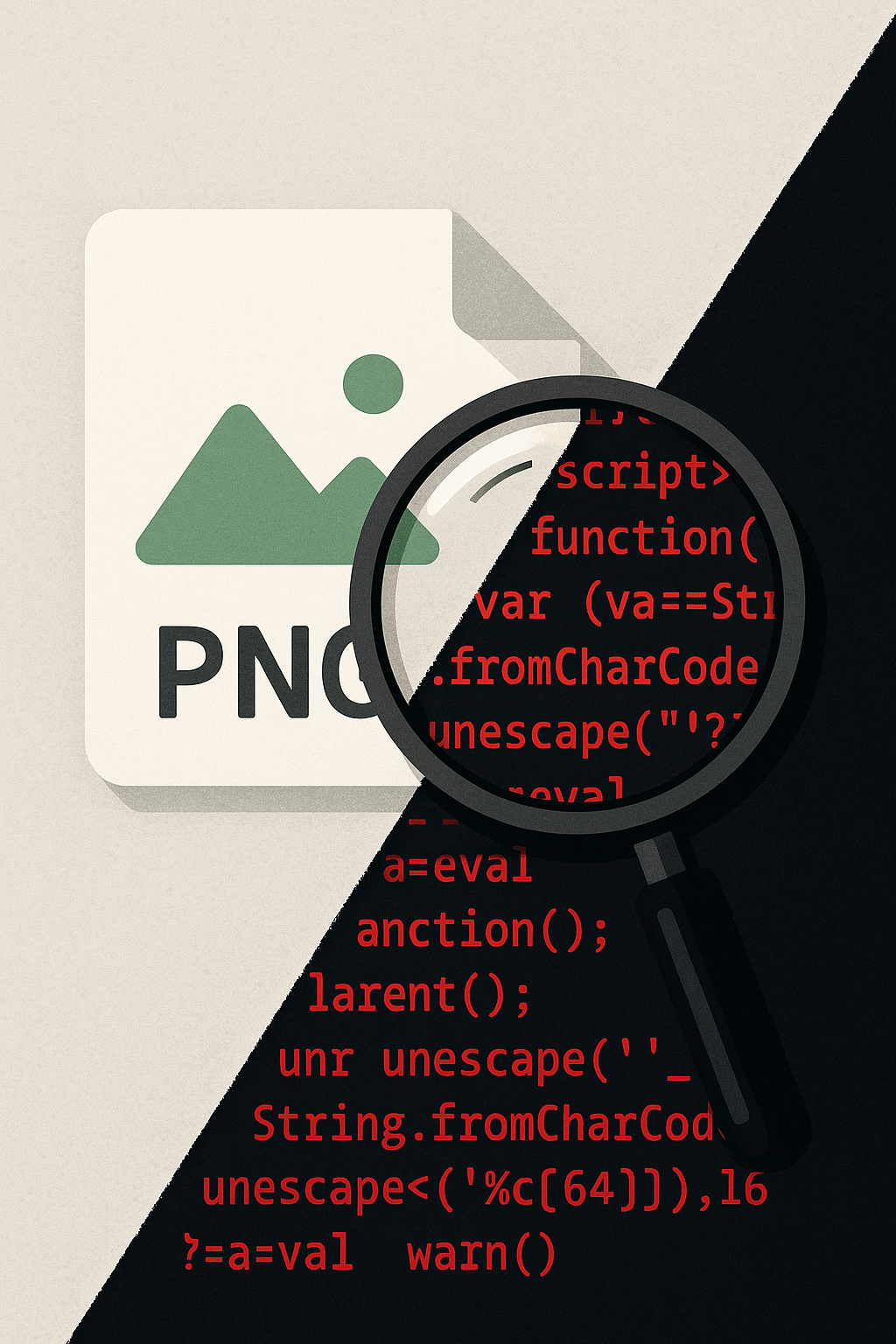By: Derek Odiorne
In the restaurant and bar industry, point-of-sale (POS) systems are essential for day-to-day operations. They handle everything from processing payments to managing inventory and customer loyalty programs, making them a crucial part of business infrastructure. However, as the reliance on digital transactions grows, so does the risk of cyber threats. Breaches involving POS systems can result in stolen customer payment information, disruptions to business operations, and significant legal and financial consequences. To mitigate these risks, securing POS systems is critical for protecting both your business and your customers.
In addition to safeguarding your operations, compliance with various regulations governing data security is essential. Restaurants and bars must be aware of the relevant guidelines to ensure that their systems remain secure while avoiding penalties for non-compliance.
Securing POS systems begins with understanding the key regulations that apply to the restaurant and bar industry. The Payment Card Industry Data Security Standard (PCI DSS) is one of the most important security frameworks. PCI DSS is designed to protect cardholder data by outlining a series of security controls that businesses must implement. These controls include encrypting payment data, maintaining a secure network, limiting access to sensitive information, and regularly monitoring and testing systems. Compliance with PCI DSS is mandatory for any business that processes credit or debit card payments, making it essential for restaurants and bars to adhere to these guidelines.
Another important regulation is the General Data Protection Regulation (GDPR), which applies to businesses that handle the personal data of European Union customers. Even if your restaurant or bar is located outside of the EU, GDPR compliance may still be required if you serve EU customers. GDPR focuses on protecting personal information and ensuring transparency in data usage. It requires businesses to implement measures to safeguard personal data and give customers control over how their data is processed.
For businesses operating in California, the California Consumer Privacy Act (CCPA) plays a similar role, giving residents control over their personal information. Restaurants and bars must ensure that customer data is securely handled and stored in compliance with CCPA, as well as provide transparency regarding how data is used and offer options for customers to opt out of data collection.
Although the Food and Drug Administration (FDA) is primarily concerned with food safety, it also has guidelines regarding the secure handling of certain data, particularly health-related information like allergen or food sensitivity preferences. Ensuring the privacy and integrity of this data is critical to maintaining customer trust and complying with FDA regulations.
To ensure compliance and avoid penalties, restaurants and bars should prioritize encrypting payment data throughout the transaction process. Using encryption ensures that sensitive information is protected both in transit and at rest, making it unreadable to unauthorized parties. PCI DSS mandates this encryption, and choosing a PCI-compliant payment processor can help facilitate this process. It’s also important to limit the amount of data collected and stored. By only collecting the data necessary for completing transactions and securely deleting old or unnecessary information, businesses can reduce the risk of exposure during a breach.
Implementing strong access controls is another key element of maintaining compliance. Access to sensitive systems and customer data should be restricted to authorized personnel only. Role-based access control (RBAC) helps limit who can access what information, based on their job function. Multi-factor authentication (MFA) further enhances security by requiring additional verification steps when accessing POS systems.
Conducting regular security audits is essential to ensure that your systems remain secure. These audits can help identify vulnerabilities, such as outdated software or weak configurations, that could expose your business to cyberattacks. PCI DSS requires regular audits, but going beyond the minimum requirements by performing vulnerability scans and penetration testing can further protect your business. Keeping software up to date is another crucial step, as outdated POS systems are prime targets for cybercriminals. Regular updates and patch management can help close known security gaps and keep your system compliant.
Employee training is another vital aspect of securing POS systems. Even with the best technology in place, human error can still pose a significant risk. Employees who use the POS system should be regularly trained on best practices, such as recognizing phishing attempts, using strong passwords, and securely handling customer information. Proper training helps reduce the likelihood of an employee accidentally compromising customer data.
Transparency with customers is also key to maintaining compliance with data privacy regulations like GDPR and CCPA. Restaurants and bars should clearly communicate how customer data is collected, used, and protected. Additionally, businesses must provide customers with the ability to opt out of data collection or request that their personal information be deleted from company records.
Lastly, working with a PCI-compliant POS system provider ensures that your POS system comes with built-in security features like tokenization and secure remote access. Partnering with a reputable provider can simplify the process of maintaining compliance and provide additional security features to protect both your business and your customers.
Securing point-of-sale systems is critical for protecting customer data and avoiding regulatory penalties. By focusing on encryption, limiting data storage, implementing access controls, conducting regular audits, and ensuring employee training, restaurants and bars can safeguard their systems from cyber threats. Compliance with regulations such as PCI DSS, GDPR, and CCPA not only helps protect customer information but also helps maintain the trust and confidence of those you serve. A proactive approach to securing POS systems ensures that your business remains compliant while continuing to provide a seamless and secure experience for customers.
Subscribe To Our Newsletter
Get updates and learn from the best
More To Explore


